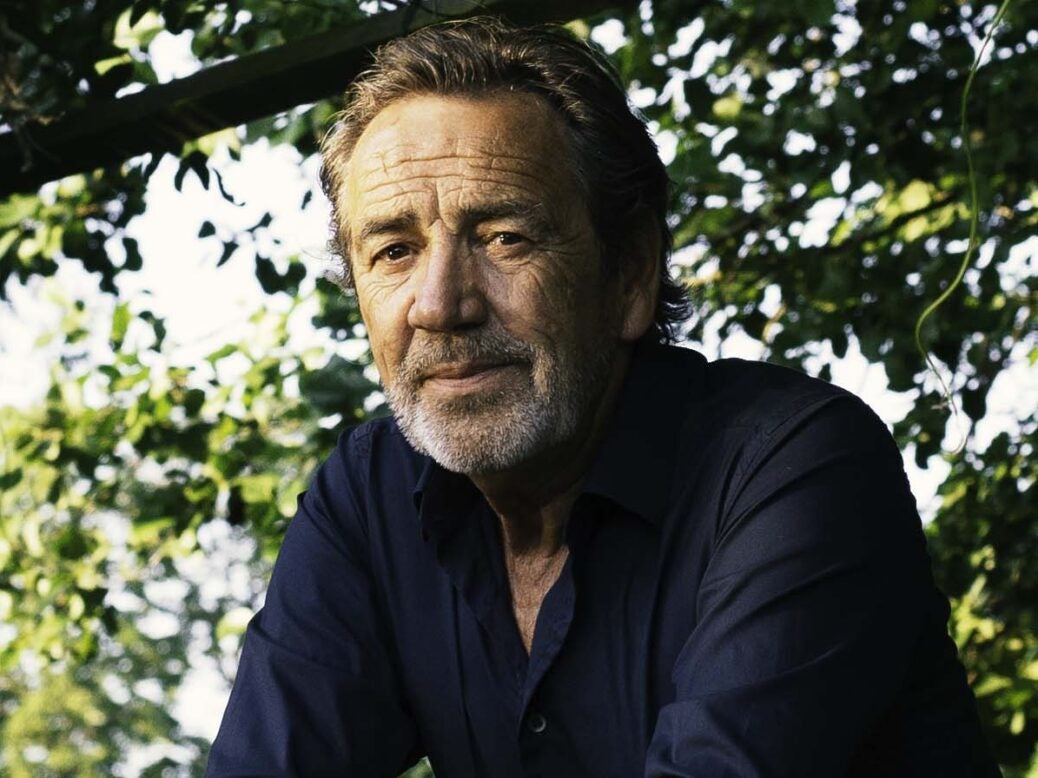
In his role as president of the Royal Theatrical Fund, actor Robert Lindsay has seen first-hand just how many people in the industry are in desperate need of help
It must be 20 years ago; I was working at Pinewood Studios and Leslie Phillips came over to me while I was having lunch and said: ‘Have you ever heard of the Royal Theatrical Fund? I think they would love your support.’ The secretary of the fund then rang me and said: ‘Would you be interested in becoming a board member?’ I said: ‘I would love to help.’
***
At my first board meeting, I was overwhelmed by the number of requests from people in the industry for financial aid. I was really shocked about the level of fame of some of the people appealing for help. There were people – my heroes – appearing on the list. And this is the crazy thing about our industry – people assume because you’re in film, television, the theatre, that you’re rich.
That’s quite the reverse. You only earn what you do in a particular year and if those jobs suddenly dry up… And it’s been exacerbated by Covid with the closure of theatres.
***
There are many theatrical charities; ours is probably the oldest. Charles Dickens started it in 1856. The lovely thing is we sit at his very table at our meetings – the Charles Dickens table in the Garrick Club. The charity was started purely for performers because Dickens was a frustrated actor, but we now cover box office, front-of-house staff, stage-door men and women, lighting designers – everyone who’s worked in the industry for a certain length of time.
***
It’s close to my heart because there but for the grace of God go I. When I first came out of Rada in 1970 there were times when I was really struggling. I was fortunate – I got a grant for Rada from my local council. Now they’ve been stopped. I don’t know how people manage to survive in this industry. Of course, when you make the best of it, it’s fantastic. Dickens wrote a lovely thing which I quote when I give speeches at Royal Theatrical Fund events, when he says: ‘Actors live in the spotlight but never let the spotlight dim.’
***
During lockdown I approached a company called Lockdown Theatre – friends of mine, Paul Jackson and Rob Grant, who are producers and writers of Red Dwarf. I said: ‘Guys, would you be prepared to join us at the Royal Theatrical Fund to raise funds for the profession?’
They said: ‘Fantastic.’ So I rang Michael Palin and Joanna Lumley and said: ‘Do you fancy helping me do Waiting for Godot?’ It turned out to be a huge success, and on one evening we raised £35,000.
So I said: ‘Let’s do something else,’ and I rang my mate Emma Thompson, Emilia Clarke, who was in Game of Thrones, and Sanjeev Bhaskar, a wonderful friend and actor. And we got Noël Coward’s estate to allow us to do a portion of Private Lives.
We streamed it, and that raised another £35,000, which was snatched up by people wanting to pay their mortgages, electric bills – and just put some food on the table.
***
The government does not seem to want to support the creative arts as much as we would like, by cutting the arts in schools, which I find shocking because that’s the roots. If I had not had a drama class I would not be where I am now.
The other problem is they have not given the support that’s needed to the theatre during the Covid crisis. A lot of that is people assume that the industry’s fine, that we’re all earning a lot of money.
I feel like that’s why the Royal Theatrical Fund feels that it has to make a living, as opposed to just asking people to put money in a bin. We have to give something and then get a return from it.
Image: Cameron Bleakley
As told to Alec Marsh
Web trtf.com
More philanthropy
MFI heir Paul Lister on why he’s re-wilding his 23,000 acre estate
Facebook EMEA VP Nicola Mendelsohn: HNW giving needs to ‘dream big’
James Chen: Why I am a ‘catalytic’ philanthropist






